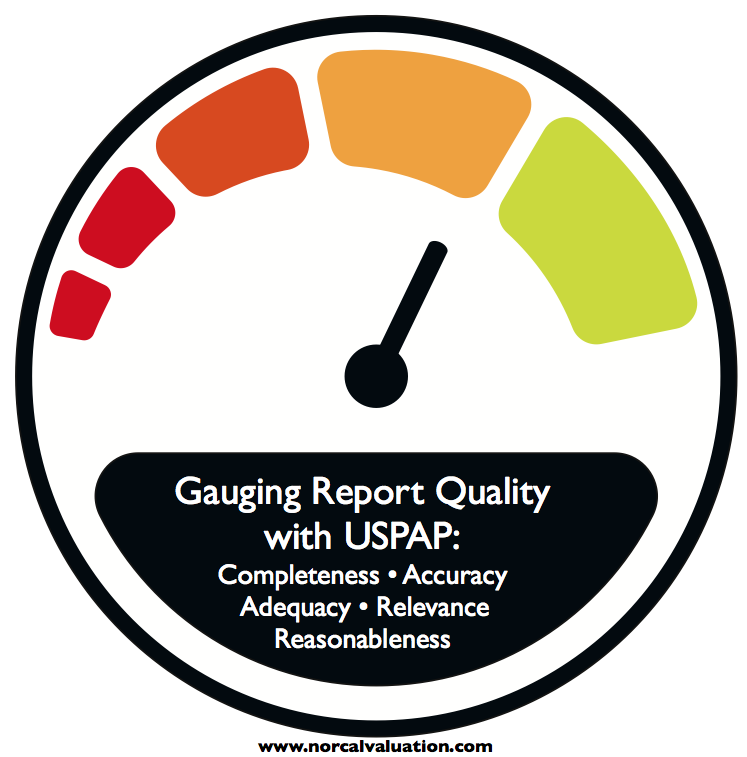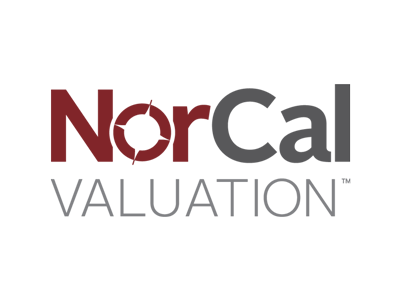
I also shared the IRS Rule of 2 for choosing a qualified accredited appraiser. But sometimes – and maybe for your machinery and equipment appraisal — it’s not enough just to have an equipment appraiser with a professional designation.
Sometimes, you’ll want to go a little further than the Rule of 2 and give weight to other factors that support that designation. That’s when you might want to consider this Common Sense Rule of 5 in selecting a machinery and equipment appraiser:
1. Professional Accreditation: Is your equipment appraiser accredited as specified by the IRS? When you choose an equipment appraiser accredited by the American Society of Appraisers, you can be confident that your appraiser has the expertise, certification and knowledge to conduct an independent, third-party machinery and equipment appraisal.
2. Experience: The IRS definitions emphasize that experience in the type of property being valued is an important qualification for an appraiser in any discipline. Whenever possible, choose to work with an equipment appraiser who has experience in your particular industry, whether construction, food processing, manufacturing, transportation, or whatever it may be.
3. USPAP Qualified: Several years ago the IRS made it clear that by “qualified appraisal” they meant an appraisal that was in compliance with the Uniform Standards of Professional Appraisal Practice (USPAP). USPAP can best be described as the quality control and operations manual of the appraisal industry in the United States and its territories. These standards were set in place in the 1980s to protect consumers from unscrupulous appraisers. To ensure a quality appraisal report, only work with an equipment appraiser who has been trained in and abides by the regulations and ethics of USPAP. Be aware that just because an equipment appraiser claims USPAP compliancy, or an equipment valuation report states that is it USPAP compliant, doesn’t make it so. Check your equipment appraiser’s curriculum vitae / resume to be sure that USPAP classes are up-to-date.
4. Reputation: Is your equipment appraiser well known in the appraisal community? Have others recommended his or her work? When you visit your equipment appraiser’s website or read articles published on the web, do you feel confident that your equipment appraiser is an expert? Don’t be afraid to ask for references if you’re not confident of your equipment appraiser’s experience or reliability.
5. Professionalism: Before accepting an equipment appraisal assignment, your equipment appraiser should verify with you what the purpose of the appraisal is, what the valuation involves, and when you expect to receive the final report. Before work begins, you should receive a professional services agreement that spells out the scope of work as well as estimated fees. If any of these steps are missed, you may find yourself in a difficult position.
Because California equipment appraisers are not regulated by Assembly Bill 527, it’s important for equipment appraisal clients to deal with appraisers who meet not only the IRS Rule of 2, but also the Common Sense Rule of 5. Start with an ASA equipment appraiser and you’re well on your way to an appraisal report with substantiated and realistic values for your equipment, no matter what your industry: fleet vehicles, mining & aggregate equipment, or a chain of restaurants or grocery stores.
Jack Young, ASA, CPA
Accredited Senior Appraiser, MTS
NorCal Valuation Inc.




